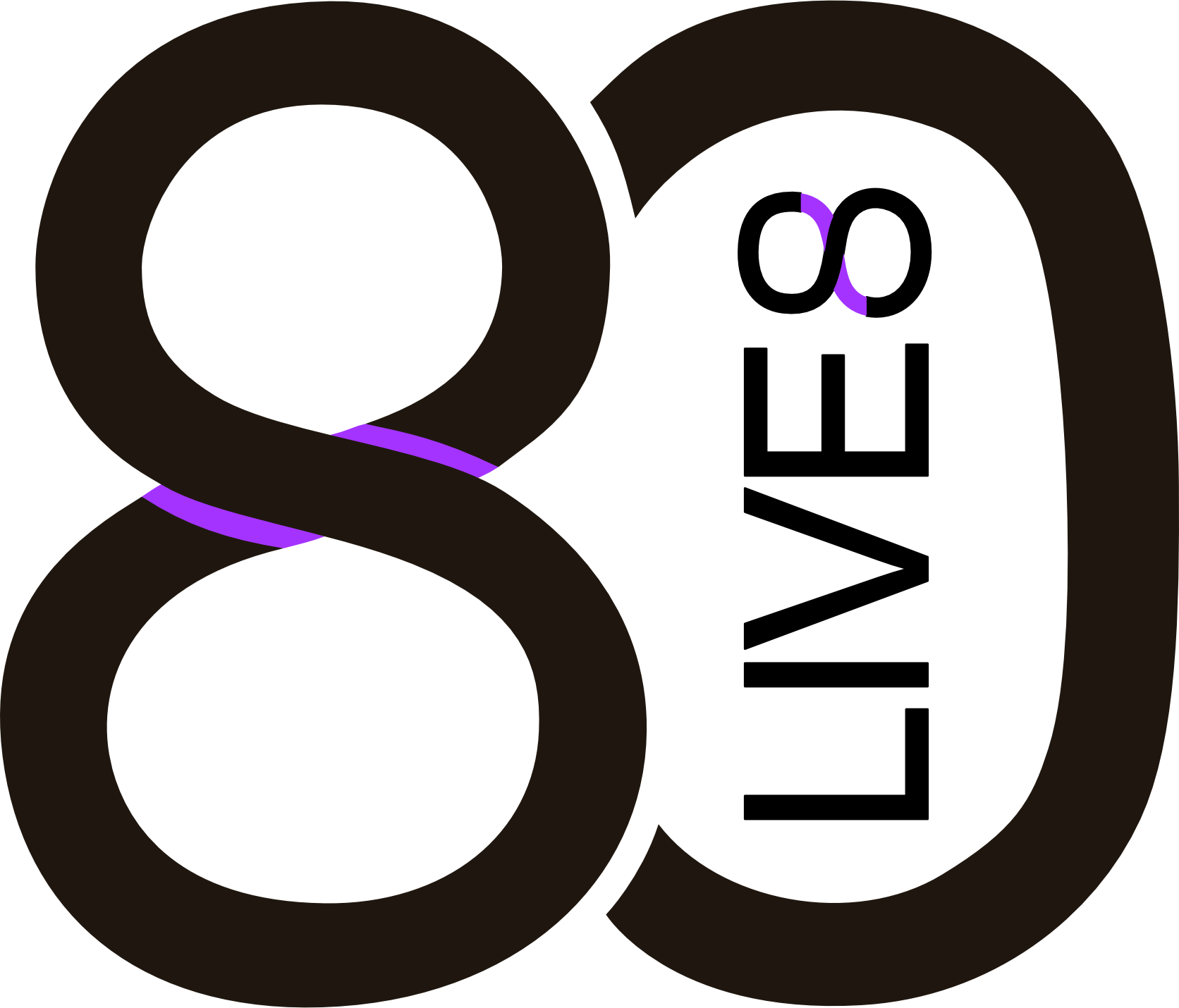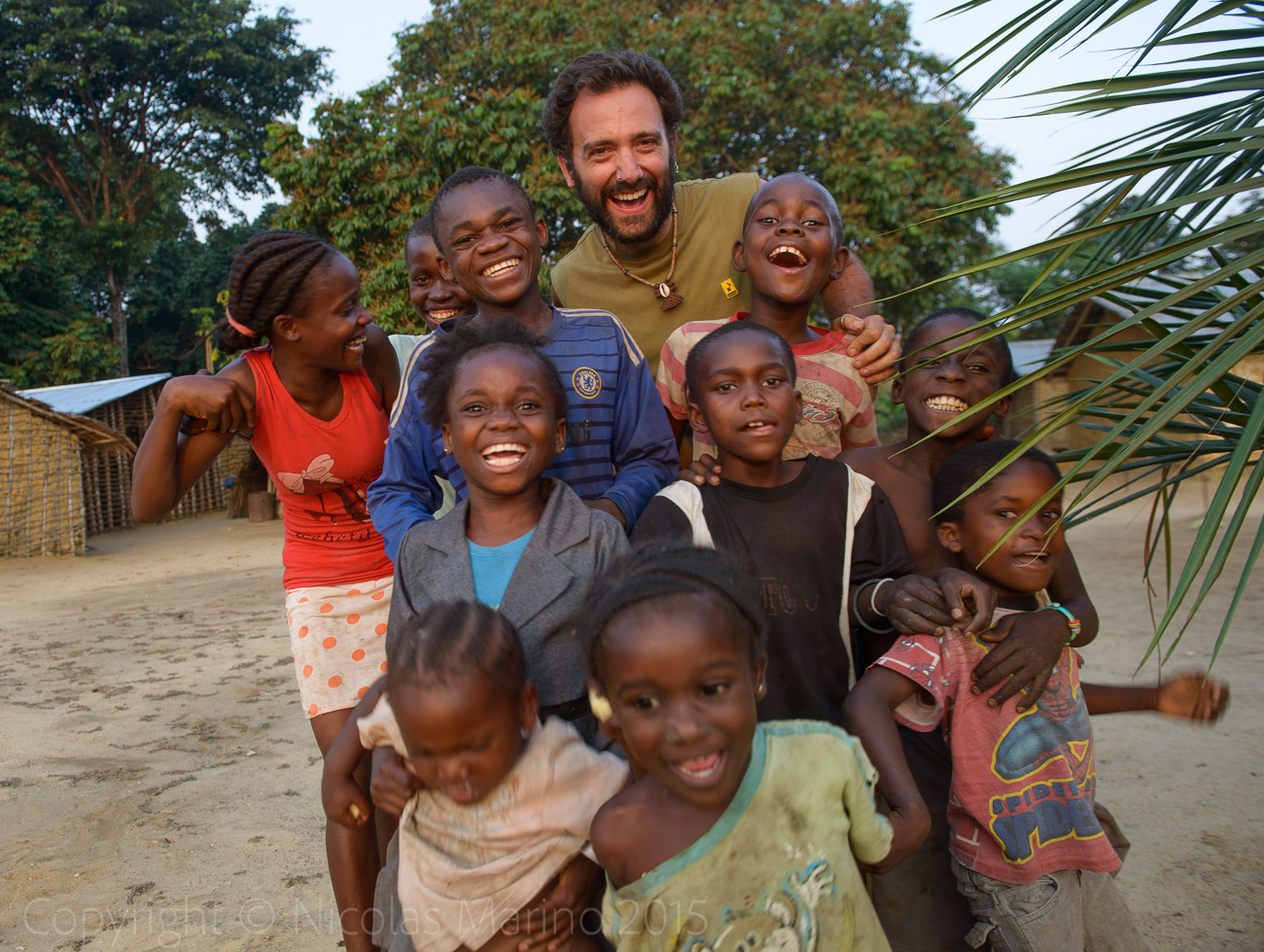A Bakery in Ondingui
I was already only 160 km away from the border with Gabon. I was still in the equatorial savannah, suffering more and more the scorching heat, the sticky tropical humidity and without any place to take shelter. It had been over 800 km since I had left Brazzaville and arriving at the jungle still lied far away ahead. I could have chosen a shorter and probably more entertaining route, but it was not arbitrarily but by deliberate choice that I had decided to come here. I had a task to complete before entering Gabon.
Wouter
Several months ago, when I was pedaling across the north of South Africa following an alternative route with no traffic on the way to Namibia, I came across a cyclist coming in the opposite direction. That's when I met Wouter, with whom we decided to camp there that night.
Wouter is a very precocious Belgian guy. When he finished school at the age of 18 he did not feel like doing the same thing as his classmates, so he decided to jump on a bicycle Bruges and pedal all the way to Kuala Lumpur. A year and a half later, after such a long journey, he decided that he had not had enough and continued to "go down" all of West Africa to Cape Town. By the age of 21, Wouter had traveled more kilometers and gained more experience than many cyclists twice his age. But his motivation does not end only in the thirst for adventure to discover the world by bike. Wouter carries much bigger ambitions inside.
When he was pedaling across Congo he came to a small village called Ondingui where he stayed for the night. What initially would be no more than a stop among so many, transformed into a stay of more than two weeks, where Wouter established a beautiful bond with Mabé, the head of the village. During his time there, he decided that he wanted to do something to try to improve their precarious lives and he invested time and his own money to build a bakery together with them. In this way, Mabé's family could thus start a simple business and have a better income. For visa reasons, Wouter had to leave Ondingui before he could finish the bread oven and teach Mabe how to run the business.
6 months later, back in Belgium, Wouter managed to communicate with Mabé who told him that the oven had not yet been built, the money had been poorly spent and the business still could not start. Basically, nothing had progressed after his departure. That's when through an e-mail exchange we had, I offered to change my route to pass through Ondingui to help finish the job he had started. Now, with the additional money Wouter sent me and the one that I decided to invest in the cause, I came to Ondingui willing to move this forward.
Ondingui
Despite being a village of less than 200 people in the middle of the equatorial savannah, with no infrastructure at all and far from the cities, there is one point in space where, like drops falling from a dropper, the weak telephone signal reaches the area and allows villagers to have contact with the rest of the world. Thanks to that, Mabé, her family and all the neighbors were expecting me ready to give me a warm welcome.
Mabé, is less than 40 years old, was born with a malformation on his feet and had small polio, so he uses his knees to walk. It has a peaceful and simple look and speaks enough French so that we can communicate well. As with many Africans, for Mabé there are no problems but challenges. Despite his motor difficulty, he does not stop working from dawn till dusk, making, among the many tasks of daily life, beautiful wooden benches that sell for 1000 CFA (~ 1.80 US$) in the market of the nearest town .














